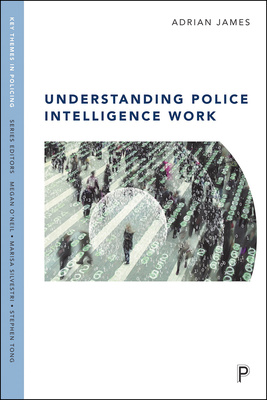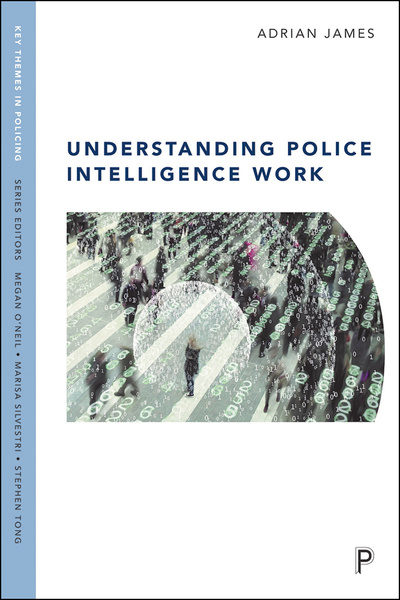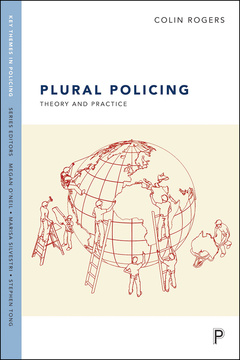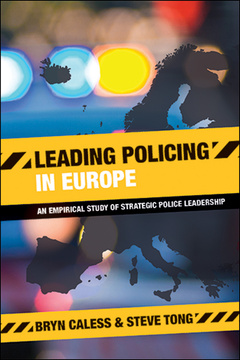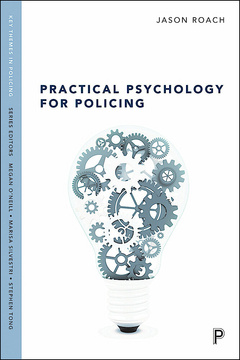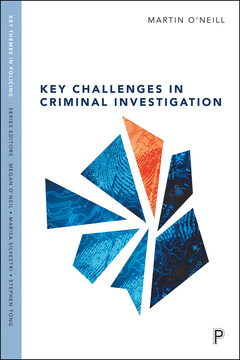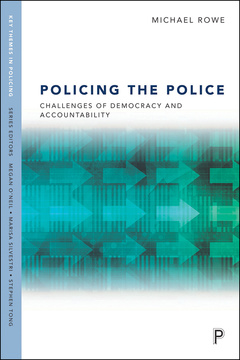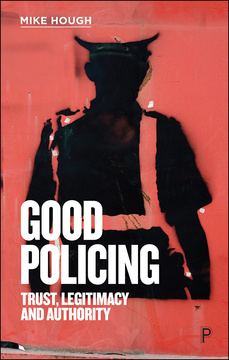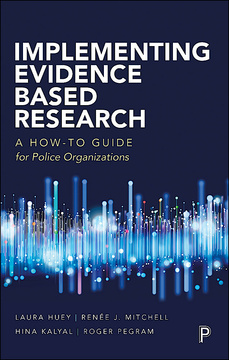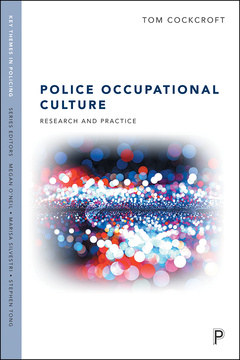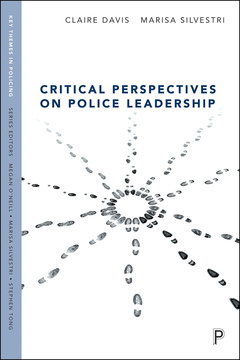Understanding Police Intelligence Work
By Adrian James
ISBN
978-1447326410Dimensions
234 x 156 mmImprint
Policy PressISBN
978-1447326403Dimensions
234 x 156 mmImprint
Policy PressISBN
978-1447326434Imprint
Policy PressISBN
978-1447326441Imprint
Policy PressAlthough police intelligence is becoming increasingly reliant on technology, it remains a human activity. This is the first textbook to offer a comprehensive and up-to-date account of police intelligence work based on current research, and to assess how intelligence may be used wisely and ethically to influence policing policy and practice.
After explaining the basic tenets of intelligence, the author, who has extensive experience in the field, critically examines the development of intelligence structures and governance of contemporary intelligence collection. He goes on to assess the threats and opportunities to policing in the digital age, including the widespread use of social media and the emergence of ‘Big Data’.
Part of a new series for students and practitioners designed to reflect the importance of incorporating ‘evidence based policing’ within the curriculum and practice, this much-needed textbook covers not only the technical aspects of intelligence work but also encourages reflexivity in practice.
"Provides a detailed, sophisticated and in many ways critical appraisal of police intelligence work that should be of interest to both practitioners and academics." - Criminal Law and Justice Books
"An excellent guide to the frameworks, processes, opportunities and challenges relating to police intelligence practice ... comprehensive, insightful, engagingly written and the best introduction to the subject that I know of." Professor Mark Phythian, University of Leicester, UK
"An accessible introduction to the myriad of intelligence approaches and constructs that tackles the current use of intelligence and explores its future potential. Essential reading for those studying and working in the field." Dr Nina Cope, former Deputy Director of Intelligence, Metropolitan Police, and academic researcher
"Fills an important gap in the police intelligence literature. Illustrated throughout with contemporary insights it will be welcomed by practitioners and all those interested in improving the tradecraft of policing" R. Mark Evans OBE, Deputy Chief Executive, New Zealand Police
"A very readable, timely, professional work that should be of interest and value to law enforcement leadership, intelligence practitioners and intelligence studies students that explores the broad universal challenges of creating a realistic intelligence-led law enforcement capability in today’s world." Robert J. Heibel, Founder, Institute for Intelligence Studies, Mercyhurst University, USA
"An insightful look behind the curtain of contemporary British intelligence practice, covering a myriad of topics relevant to the modern intelligence professional. Frameworks, practices, successes and failures are all discussed in a readable and accessible style." Professor Jerry Ratcliffe, Temple University, USA
Former detective and intelligence officer, Adrian James is a Senior Lecturer in criminal investigation. Adrian maintains strong links with the police service and with intelligence practitioners through his ongoing research and advisory work.
Foreword by Peter Gill
Fundamentals of intelligence practice;
Intelligence work in context;
Organisational structures;
The legal and procedural framework;
Organisational intelligence processes;
Directing intelligence work;
Opportunities and threats in the digital age;
Intelligence failure;
Taking stock: looking ahead;
Epilogue;
References;
Index.







